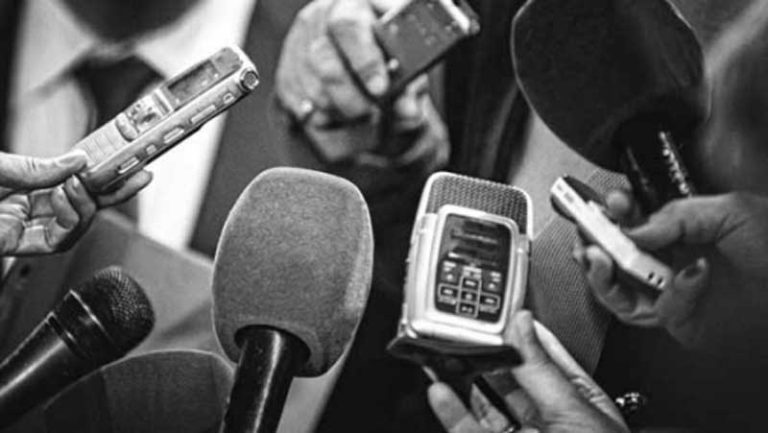From Bamigbola Gbolagunte, Akure
Media and civil society experts have tasked journalists on their roles in combatting misinformation during the Saturday’s governorship election in Ondo State
The experts gave the advice on Wednesday at a webinar themed “Misinformation and Elections: Journalists, Public Educators and Opinion Shapers,” organized by Corporate Accountability and Public Participation Africa (CAPPA) in partnership with the European Union Support For Democratic Governance in Nigeria (EU SDGN) II.
Those who spoke included Akinbode Oluwafemi, Executive Director of CAPPA; Ms. Joke Kujenya, an Executive of the Media Mentors Journalism Centre; Lanre Arogundade, Executive Director of the International Press Centre (IPC), and Timothy Bamidele, a Programme Manager at Centre for Media and Society (CEMESO).
In his opening remarks, Oluwafemi noted the critical roles of the media in reporting facts, particularly in the era of fake news, adding that “news report should promote peace and not violence”.
“The populace is going to turn to the media for direction for news, for opinion and for perception. It behoves on us as media practitioners to report the facts as facts,” Oluwafemi said.
Also, he charged journalists monitoring the election to be vigilant and take their safety seriously, adding that they should take necessary measures to ensure their safety while on field monitoring the polls.
Explaining the importance of the webinar, Oluwafemi added: “We’re essentially doing this to promote nonviolent elections in Nigeria. We think we can continue to engage and educate our people, to ensure that we vote only with our thumbs and not with guns or cutlasses. So, the media play a very critical role in this level of engagement.”
In her presentation, Ms. Kujenya, the Executive of the Media Mentors Journalism Centre, distinguished between misinformation and disinformation and harped on the responsibilities of journalists in election coverage, the importance of fact-checking organizations, and strategies for monitoring social media.
Regarding the duties of journalists in reporting, Kujenya emphasized the importance of verifying information, educating the public about media literacy, critically analysing information, and fostering informed engagement as key responsibilities.
She said: “Journalists should understand local issues, as well as verify claims before reporting.”
Also, Kujenya urged journalists to collaborate with fact-checking organizations to ensure authentic reporting and avoid spreading fake news.
“Journalists are also encouraged to monitor elections on platforms such as Facebook and WhatsApp and to be vigilant about emerging narratives propagated by trolls,” she added.
In his presentation, Arogundade noted that “18 political parties in the state had signed a peace accord to promote a peaceful and nonviolent election”, and that the state had deployed 41,000 security personnel for public safety on election day. Nevertheless, he emphasised that journalists should take their security seriously.
He further emphasized the need for journalists to be conflict-sensitive, while urging them to utilize I-Verify to fact-check their stories.
